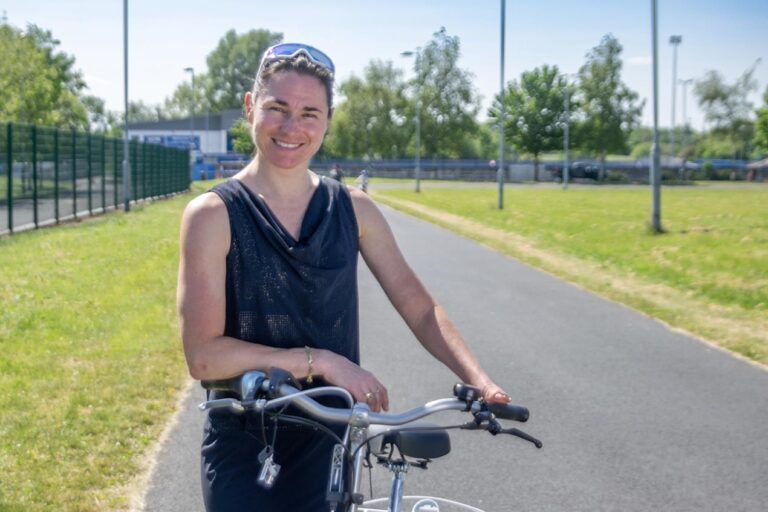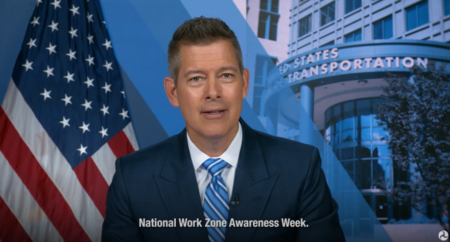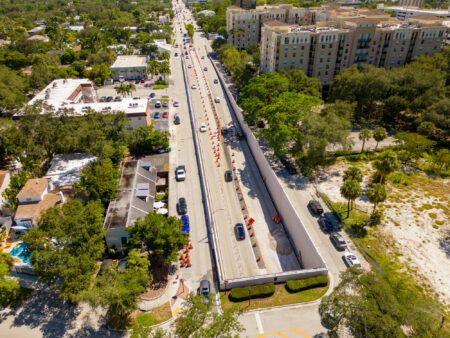Greater Manchester’s active travel commissioner, Dame Sarah Storey, has set out the region’s intention to adopt Vision Zero – a strategy to eliminate all traffic fatalities and severe injuries caused by traffic collisions, with the potential to prevent up to 3,800 deaths and injuries on the county’s roads by 2040.
In 2021, 858 people were killed or seriously injured in collisions on Greater Manchester’s roads.
As part of Vision Zero, Greater Manchester (GM) has commissioned road danger reduction experts Agilysis to develop the strategy in the coming months, with a first draft expected in Autumn.
As part of this work Agilysis will identify and engage with key stakeholders, including Greater Manchester Police and other emergency services, with a view to consulting with members of the public next year. The strategy will then be adopted subject to agreement with the Greater Manchester Combined Authority.
Active travel commissioner, Dame Sarah Storey said, “Any death or serious injury on our roads is one too many, and these collisions are already devastating people’s lives.
“It’s heart-breaking to learn of a fatal or life-changing collision and sadly there have been some horrendous incidents very recently right on our doorstep. These incidents are neither acceptable nor inevitable, and we should all be doing everything we can to prevent them.
“Back in November I launched a refreshed mission for Greater Manchester’s active travel program and within that I recommended the region adopt Vision Zero.
“Today’s announcement is the first step on making that a reality and I hope the work that now follows will pave the way in making everyone feel safe when they take to the roads, whether that be in a car, on foot or on a bike.
“Getting it right will require a collective effort and commitment by everyone, which is why I am delighted to have Agilysis on board as we start our journey today,” Storey added.

As well as stamping out serious injuries and deaths on GM’s roads, Vision Zero will help tackle the impact on the emergency services and the cost to public finances, with the potential to save the city-region’s economy more than £4.5bn over the next 20 years.
The strategy will draw on best practice from other cities around the world and across the UK with Vision Zero strategies in place, including Stockholm, Oslo, London, and Bristol. Some of the effective measures to have been introduced include 20mph speed limits, safer junctions, and segregated lanes for people to walk, wheel and cycle and increased enforcement for speeding vehicles.
Greater Manchester’s Vision Zero plan will also build on the existing work of the city-region’s Road Danger Reduction Advisory Group and Greater Manchester Police, which has already been bolstering operations to keep people safe when they are using the region’s transport and highways network.
Greater Manchester is already taking steps to reduce the number of people killed or seriously injured on the roads, with improved walking, wheeling, and cycling infrastructure as it builds the largest active travel network in the country as part of the Bee Network.
In addition, GM boroughs have been trialing new schemes to boost active travel participation in a safer environment, such as the School Streets pilots and the introduction of 20mph zones.





